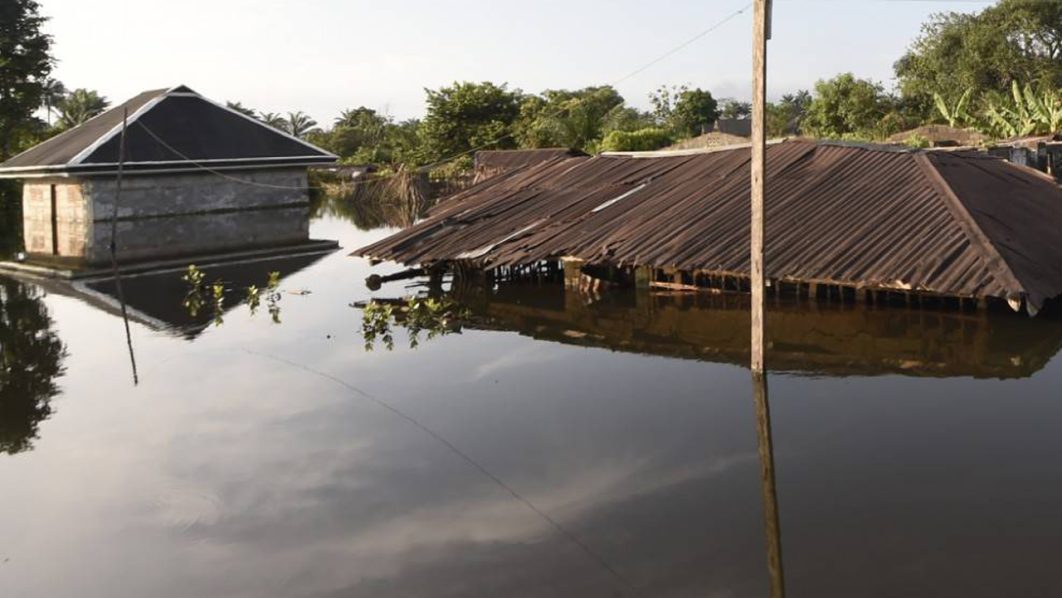
Entitled Counting the Cost 2022: A Year of Climate Breakdown—was published by Christian Aid, a London-based relief agency of over 40 U.K. and Irish churches. It stated that most of the estimates are based only on insured losses, adding that the true financial costs are likely to be higher, while the human costs are often uncounted.
One of such events highlighted was the extreme weather, which caused severe human suffering from food insecurity, drought, mass displacements and loss of life. A devastating drought affected over 36 million people in East Africa; pushing many to the brink of famine. While people in East Africa have been suffering from drought, in West Africa 1.3 million people were displaced by floods, which killed over 600 people in Nigeria, Cameroon, Mali and Niger.
The report indicated that the Hurricane Ian, which struck the United States and Cuba in September, cost about $100 billion and displacing 40,000 people. The drought in Europe cost $20 billion while floods in Pakistan killed more than 1,700 people, displaced a further seven million.
According to the report, which focused on financial costs, the losses were higher in richer countries because they have higher property values and can afford insurance, some of the most devastating extreme weather events in 2022 hit poorer nations, which have contributed little to causing the climate crisis and have the fewest buffers with which to withstand shocks.
In the report, a second list of 10 climate disasters highlights some of these other climate events of 2022, which don’t make the list of insured losses but were just as damaging to communities or posed worrying future threats such as the Arctic and Antarctic heatwaves.
Christian Aid said these extreme events highlight the need for more urgent climate action, stressing that they also underline the importance of the Loss and Damage Fund recently agreed at COP27 to provide financial support to people in developing countries who have suffered huge losses due to a climate crisis they have not caused.
The report said: “Some of the disasters in 2022 hit rapidly, like February’s Storm Eunice, which set a new UK wind speed record of 122mph and Hurricane Fiona, which struck the Caribbean and Canada in September and caused losses valued at more than $3 billion in just a few days. Other events took months to unfold, like the droughts in Brazil and China, which lasted all year and cost $4 billion and $8.4 billion respectively. No corner of the globe was spared from the costliest climate impacts in 2022 with all six populated continents represented in the top 10.
These impacts were also felt by some of the biggest fossil fuel polluters. Hurricane Ian in the USA, Hurricane Fiona in Canada, and floods in Eastern Australia in February costing $7.5 billion all struck countries with some of the biggest per person carbon emissions. Elsewhere, floods in South Africa, and droughts and floods in China hit two of the world’s biggest coal producers.”
Speaking on the study, the Chief Executive Officer, Christian Aid, Patrick Watt, said: “Having 10 separate climate disasters in the last year that each cost more than $3 billion points to the financial cost of inaction on the climate crisis. But behind the dollar figures lie millions of stories of human loss and suffering. Without major cuts in greenhouse gas emissions, this human and financial toll will only increase.
“The human cost of climate change is seen in the homes washed away by floods, loved ones killed by storms and livelihoods destroyed by drought. This year was a devastating one if you happened to live on the front line of the climate crisis. Some of these catastrophes hit with blinding speed, others unfolded such as the terrible drought in East Africa over many months.”






